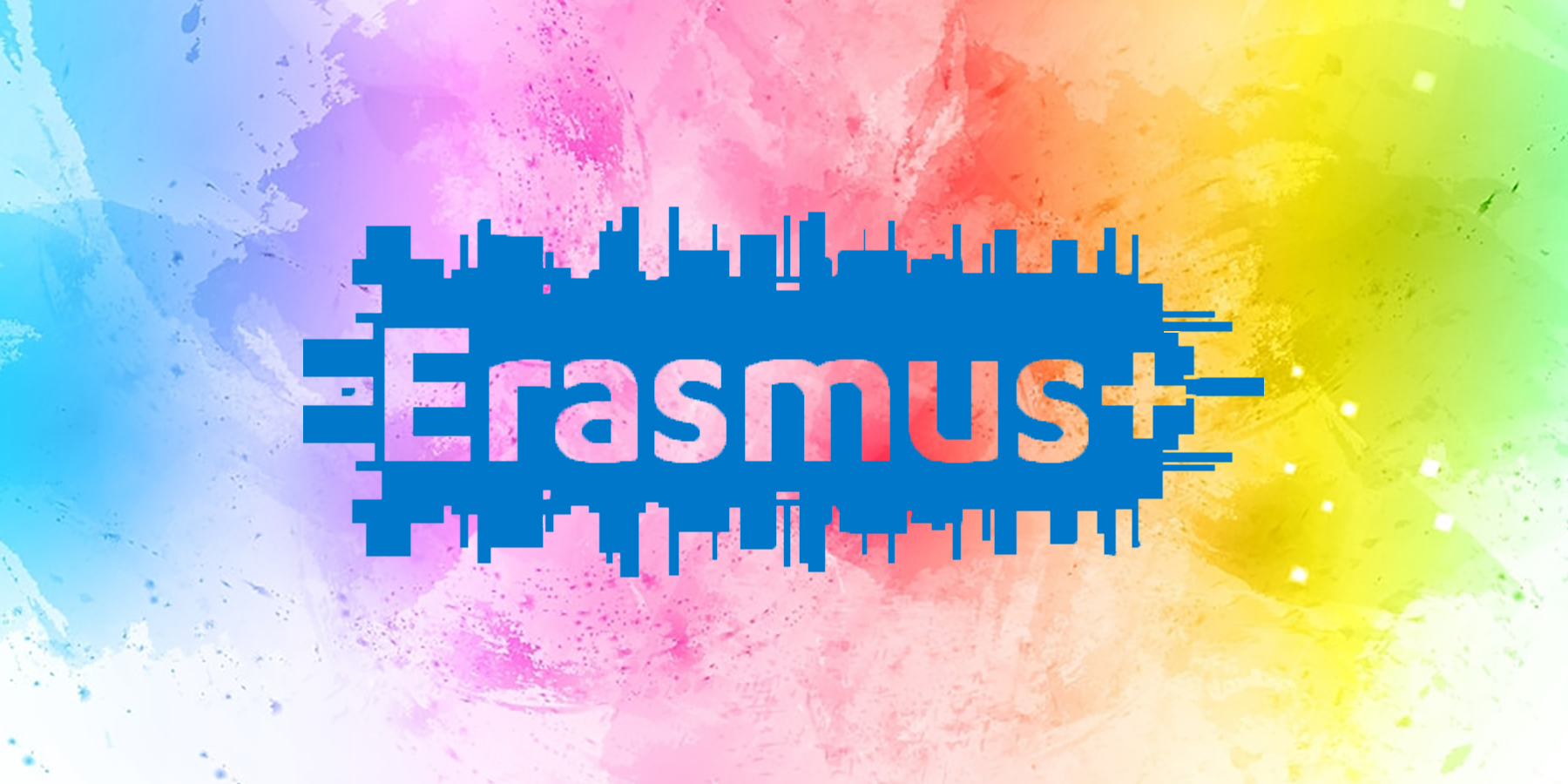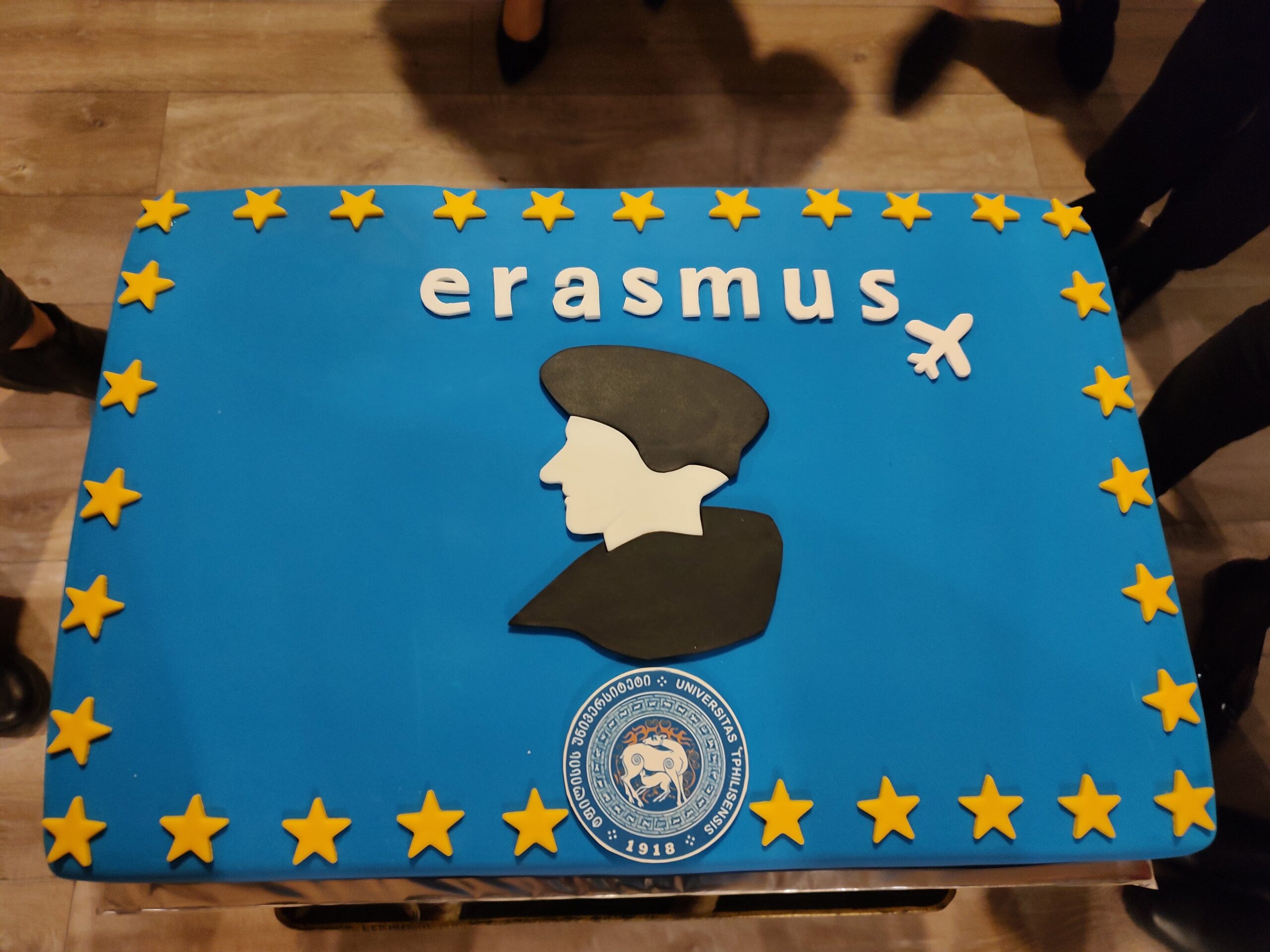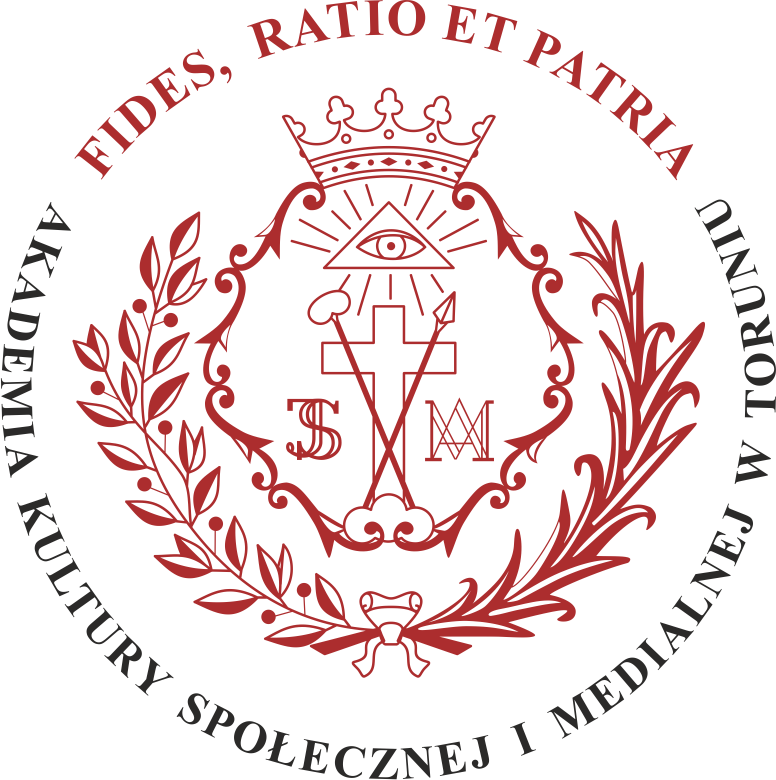We all know that Erasmus+ is the European Commission’s Programme for education, training for the youth with the purpose of giving more opportunities for the mobility of learners and staff and cooperation across the education, training and youth sectors and is easier to access than its predecessors, with simplified funding rules and a structure that aims to streamline the administration of the programme, which is open to students, apprentices, teachers, lecturers, young people, volunteers, youth workers and people that have an occupation related to sports.
In 2020, which was the year when the global pandemic started, it got harder to perform an Erasmus+ mobility, so a “blended mobility” Erasmus+ was introduced. Its aim was to deal with the coronavirus emergency and the closure of borders, and this opportunity has gained recognition in the field for the upcoming seven years, becoming one of its characterizing elements. The blended mobility doesn’t only have the intention of combining lessons or internships in presence and at distance in an anti-Covid key but it’s also a way to choose a safe 3-month blended intensive program, with students and teachers from at least three different countries, with which to enrich the curriculum.
In 2021, the EU launched the Erasmus+ 2021/27 programme. The EU is investing over €26.2 billion for the 2021-2027 Erasmus+ programme in order to support mobility and cooperation comparing to the €14.7 billion invested for the 2014-2020 programme. This will be complemented by about €2.2 billion from the EU’s external instruments. One of the main reasons why the budget got increased is because Erasmus+ new programme wants to be more inclusive, green and digital, hoping that it would give more opportunities for study periods abroad, traineeships, apprenticeships, and staff exchanges in all fields of education, training, youth and sport. The 30% of the remaining budget is invested in cross‑border cooperation projects (which 70% of it is already invested in mobility). These can be between higher education institutions (e.g., the European Universities initiative); schools; teacher education and training colleges (e.g., Erasmus+ Teacher Academies); adult learning centres; youth and sport organisations; providers of vocational education and training (e.g., Vocational Centres of Excellence); and other actors in the learning sphere.
The main features of the Erasmus+ 2021-2027 programme are:
Inclusive Erasmus+: Its main goal is to provide more opportunities to people who had only a few, people with different cultural, social and economic backgrounds and inhabitants of rural and remote areas. There are other new things such as individual and class exchanges for school pupils and mobility for adult learners which makes it easier for smaller organisations, such as schools, youth associations and sports clubs to apply, thanks to small-scale partnerships and the use of simplified grants. The programme will also expand worldwide/more international to collaborate with third countries as well, building on the successes of the previous programme with exchanges and cooperation projects around the world, now also expanding to sport and the vocational education and training sectors.
Digital Erasmus+: The pandemic has made the need to accelerate the digital transition of education and training systems clearer. Erasmus+ will encourage the development of digital skills, in line with the Digital Education Action Plan. It will provide high-quality digital training and exchanges by using platforms such as eTwinning, School Education Gateway and the European Youth Portal, and it will encourage traineeships in the digital sector. New formats, such as blended intensive programmes, will allow short-term physical mobility abroad to be complemented with online learning and teamwork. The execution of the programme will be further digitalised and simplified with the full roll-out of the European Student Card.
Green Erasmus+: In line with the European Green Deal, the programme will offer financial support to participants using sustainable modes of transport. It will also invest in projects promoting awareness of environmental issues and facilitate exchanges related to alleviating the climate crisis.










Greetings from Poland!
Erasmus + is a program of great opportunities. Each member of the academic community can find something for themselves.
We should just be glad that the European Commission has decided to extend the existence of the program. Moreover, it has been recognized as an important component of the EU’s education policy. The budget has increased significantly. It gives you even more possibilities.
Thanks to such programs, it will not only become more competitive on the global educational market, but also people from disadvantaged backgrounds will get a chance to obtain a great education.
All thanks to the Erasmus + program!
Hi,
This article is very interesting,
Despite the fact that things got harder due to the global pandemic,the EU commission has handled the situation in a very good way by introducing the new Erasmus+ 2021/27 programme, thanks to such an initiative the youth managed to have many opportunities despite the hard situation the world has faced in the last 2 years.This should make us glad that the EU commission decided to extend the existence of such a programme.
Hi,
It’s amazing what the possibilities are as a result of the pandemic. How quickly new forms of how to participate have been developed!
However, nothing is beyond the classic face-to-face version, we all know that. I’m definitely a supporter of this form, but it’s true that now students have to be braver than ever. I myself experienced E+ internships during a pandemic and I am glad that I was not afraid. 🙂
When I return to E+ news, the European Commission’s approach to the Green Deal is very interesting, as you write in the form of Green Erasmus+. I had no idea about it and I would definitely be more interested.
Thanks!
… [Trackback]
[…] Find More Information here to that Topic: ripec-project.eu/discussion/how-did-erasmus-change-in-these-two-years-of-global-pandemic/ […]
… [Trackback]
[…] Information to that Topic: ripec-project.eu/discussion/how-did-erasmus-change-in-these-two-years-of-global-pandemic/ […]
… [Trackback]
[…] Info to that Topic: ripec-project.eu/discussion/how-did-erasmus-change-in-these-two-years-of-global-pandemic/ […]
… [Trackback]
[…] There you can find 25075 additional Info on that Topic: ripec-project.eu/discussion/how-did-erasmus-change-in-these-two-years-of-global-pandemic/ […]
… [Trackback]
[…] Info to that Topic: ripec-project.eu/discussion/how-did-erasmus-change-in-these-two-years-of-global-pandemic/ […]
… [Trackback]
[…] Find More to that Topic: ripec-project.eu/discussion/how-did-erasmus-change-in-these-two-years-of-global-pandemic/ […]
… [Trackback]
[…] Find More to that Topic: ripec-project.eu/discussion/how-did-erasmus-change-in-these-two-years-of-global-pandemic/ […]
… [Trackback]
[…] Read More to that Topic: ripec-project.eu/discussion/how-did-erasmus-change-in-these-two-years-of-global-pandemic/ […]